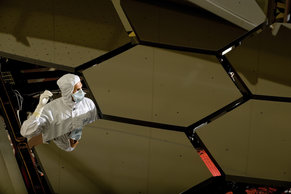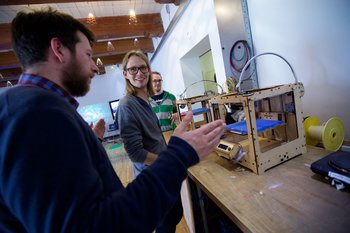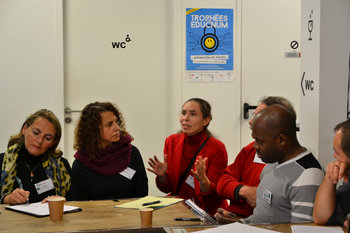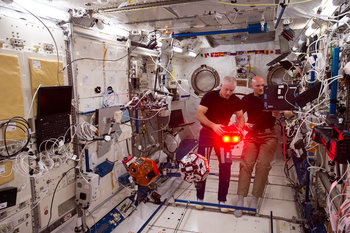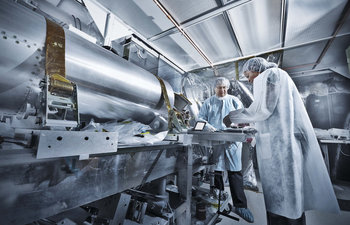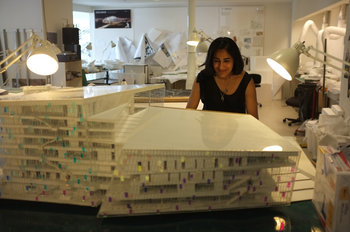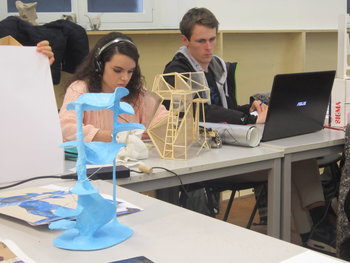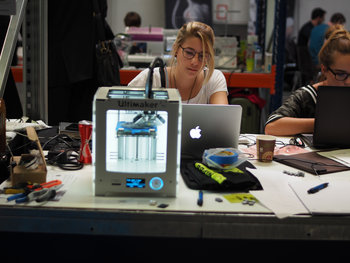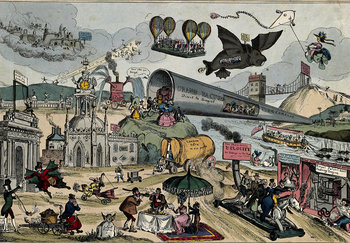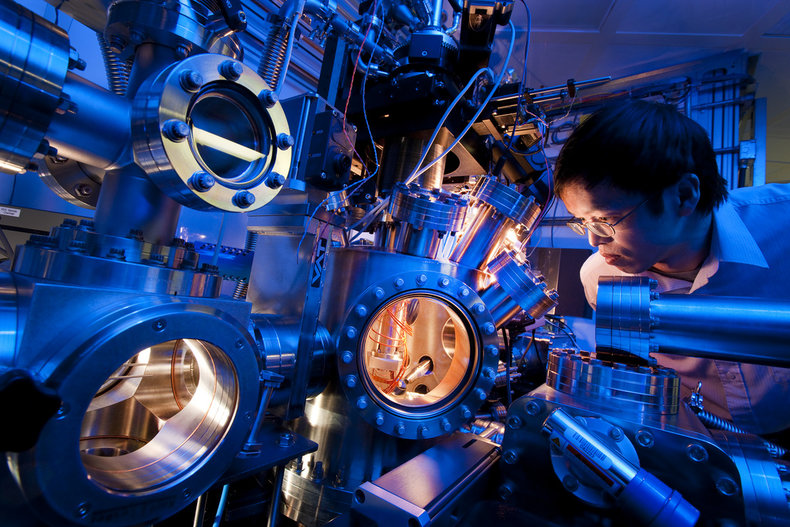
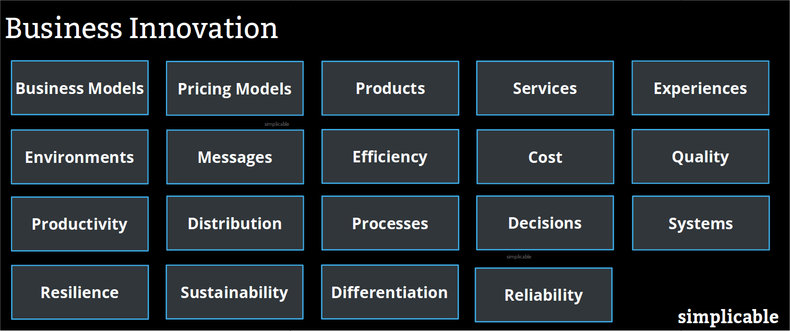
Business Models
The way that a business generates value. For example, a business that opens new markets for sharing underutilized assets such as real estate that sits unused.Pricing Models
Pricing structures that customers find more appealing. For example, the cloud computing revolution allowed customers to scale up and down computing without an upfront capital investment.Products
Products that have an advantage over the competition in the market due to factors such as performance. For example, a solar panel with a higher conversion efficiency.Services
Service advantages such as a hotel with an innovative training program that produces exceptional customer service.Experiences
A leap forward in customer experience such as an aircraft design that reduces turbulence by 50%.Environments
Physical or virtual environments such as a hotel with innovative architecture that generates significant publicity and status for the location.Messages
A marketing message that captures the imagination of a target audience that is rarely inspired by marketing messages.Efficiency
Producing more for a unit of input. For example, an electric car with greater range than the competition for an equivalent charge.Cost
In many industries, particularly commodity industries, cost is the primary type of competition. For example, a firm that is able to produce far cheaper solar panels at equivalent performance and quality will likely gain significant market share.Quality
The race to be perceived as higher quality than the competition. For example, a fashion designer who consistently produces shoe designs that target markets perceive as being far higher quality than the competition.Productivity
Tools and automation that make your organization more productive than competitors. For example, an ecommerce company that can fulfill 1000 orders an hour per employee when the competition struggle to achieve 100 orders per work hour at their distribution centers.Distribution
Significant improvements to the way that goods are sold and delivered. For example, an ecommerce firm with a geographically distributed distribution network that is able to predict where goods will flow such that they can have items close to the customer when they order.Processes
Business processes that produce superior results as compared with the best results in an industry. For example, an airline that can automatically rebook customers after complex disruptions to a schedule including fulfillment of compensation owed customers such as hotel stays.Decisions
Processes, policies, tools, automation, information and/or data that produce better decisions such as an algorithm that is unusually good at executing arbitrage strategies on a market.Systems
Systems that outperform industry benchmarks in some valuable way. For example, a quality control system that allows 1 defect per 100 million units to ship when your competition ships 1 defect per 100 units.Resilience
Architecture, design, processes, facilities and structures that are resilient to stresses. For example, a cell production technique that allows a production line to have multiple machine failures on a shift without slowing production.Sustainability
Sustainability improvements such as replacing toxic, controversial or environmentally harmful materials in products with relatively harmless materials.Differentiation
Innovation that produces highly differentiated products that outperform in the market. For example, a new form factor for home audio speakers that generates significant demand, publicity and word of mouth for the product.Reliability
Products and services that endure real world conditions better than the competition. For example, a mobile phone that can be dropped onto concrete many times from a reasonable height without any loss of function.| Overview: Business Innovation | ||
Type | ||
Definition | The improvement of business results by a significant margin over the current best results of the competition. | |
Related Concepts | ||


